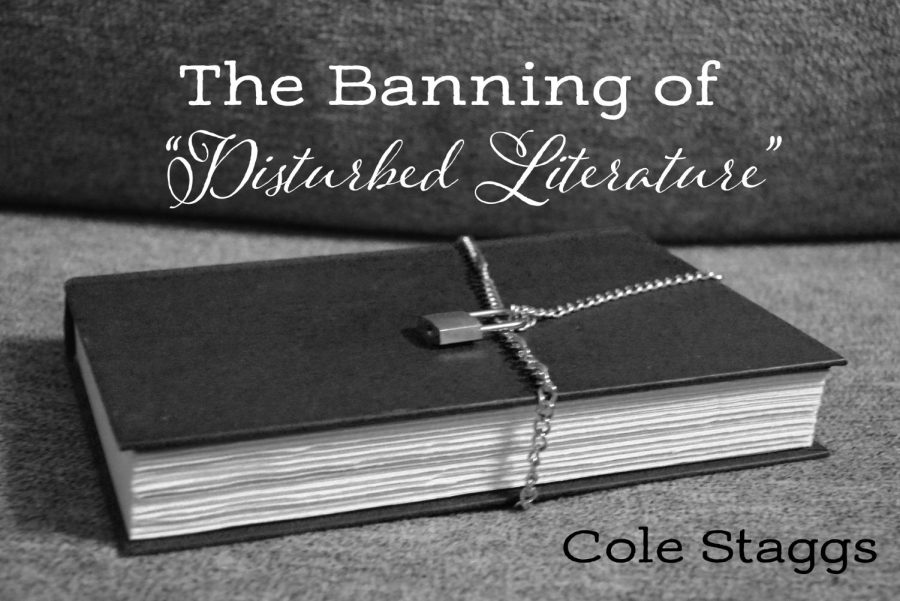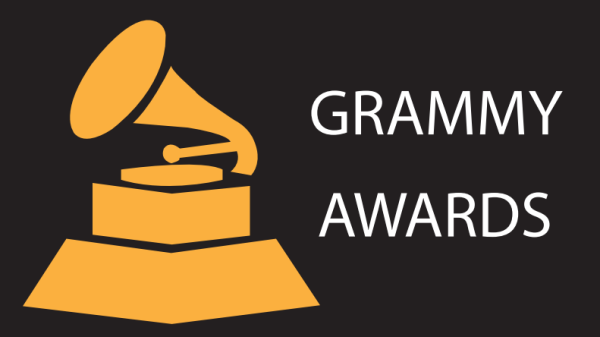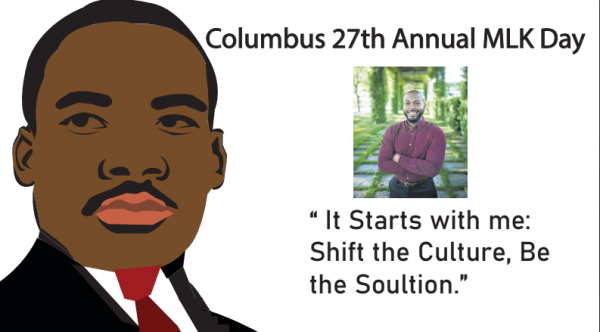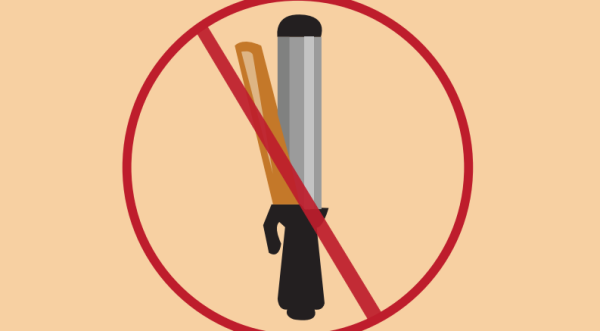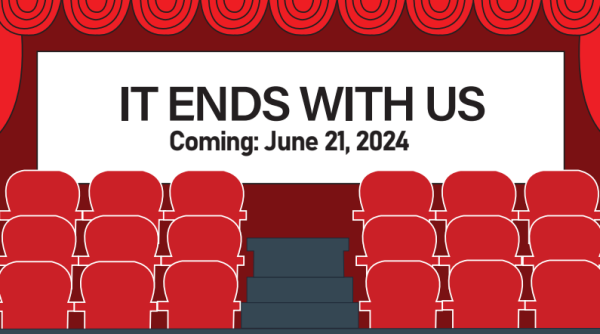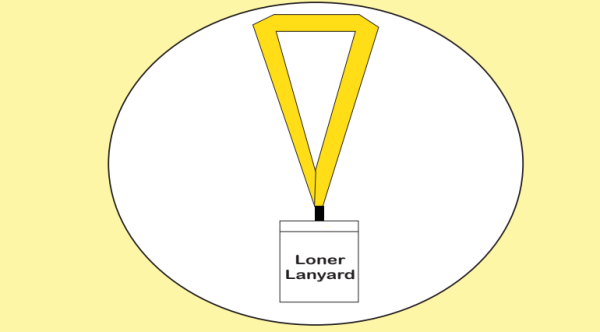The Banning of “Disturbed Literature”
A gavel slams on a desk as a court procession resides. The jury stands and leaves the courtroom as a depressed author sulks in the opposite direction. The author knows this jury’s decision could rid the world of their book.
This is only one of the stages leading to the banning of a socially unacceptable book. The banning of classic literature leaves more harmful controversy in the world, rather than helpful controversy.
The banning of literature can be traced back to the book burnings of the Confucian Empire in ancient China and the book burnings of early 1900 Germany, both being moments people long to forget, yet we still justify the banning of literature today in a more diplomatic sense.
A study done by ALA’s Office for Intellectual Freedom showed that more than 273 titles were banned or challenged in 2020 alone, many of which addressed racism, racial justice and even those that shared stories of black and indigenous people.
Many of these “disturbed” books include those that are often read in schools across the nation: “To Kill a Mockingbird” by Harper Lee, “Of Mice and Men” by John Steinbeck, “The Absolutely True Diary of a Part-Time Indian” by Alexi Sherman and many more influential titles.
Students read these books to get an understanding of the world that forms around them. Without these literary classics, many students would be lost in the world around them and would never come to understand the formation of racism, racial injustice or stories of indigenous people.
When people think of the banning of books, they normally do not see it from the perspective of the author, illustrators, and teams that put their blood, sweat and tears into forming this literary adventure. However, those people are the ones that suffer the most from the banning and trials.
The team who worked on this book would lose money on their own work. Not to mention the amount they would spend on lawyers and lawsuits, only to lose in an unjustified court case against a select few people who do not understand the literary importance of history.
This practice, while good for future citizens in theory, only demotes intellectual diversity while slowly promoting social conformity.


